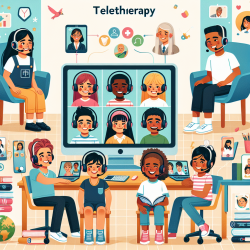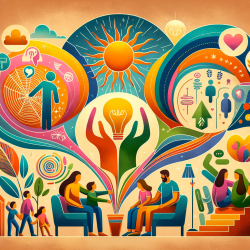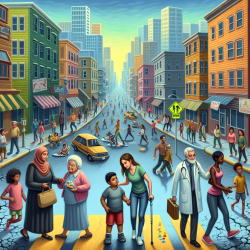Understanding the Impact of Physical Distancing on Internally Displaced Persons
The COVID-19 pandemic has brought to light numerous challenges faced by vulnerable populations worldwide. A recent study titled "if we don’t regroup, hunger will kill us…”: a qualitative study on measures of physical distancing during covid-19 among internally displaced persons in Burkina Faso delves into the complexities of implementing physical distancing measures among internally displaced persons (IDPs) in Burkina Faso.
The Context of IDPs in Burkina Faso
Burkina Faso, a country grappling with political and security crises, is home to over 1.9 million IDPs. These individuals, displaced by terrorism and violence, often find refuge in overcrowded camps with inadequate access to basic services. The pandemic has further exacerbated their plight, making it essential to understand the unique challenges they face.
Challenges in Implementing Physical Distancing
Physical distancing, a key measure to curb the spread of COVID-19, poses significant challenges for IDPs. The communal living conditions, cultural norms, and economic dependencies make it nearly impossible for IDPs to adhere to these measures. The study highlights several obstacles:
- Overcrowded Living Conditions: IDPs often reside in cramped spaces, making physical distancing impractical.
- Cultural Norms: Social gatherings and communal activities are integral to IDP communities, conflicting with distancing guidelines.
- Economic Constraints: Many IDPs rely on informal jobs and humanitarian aid, which necessitate social interactions.
Strategies for Effective Implementation
Despite these challenges, the study suggests strategies to improve compliance with physical distancing measures:
- Community Engagement: Involving community leaders in disseminating information can enhance adherence to guidelines.
- Alternative Support Systems: Providing financial and material support can reduce the need for social interactions.
- Tailored Communication: Culturally sensitive communication strategies can address misinformation and increase awareness.
Encouraging Further Research
This study is a call to action for researchers and practitioners to explore innovative solutions tailored to the needs of IDPs. By understanding the socio-cultural dynamics and economic realities of these communities, we can develop more effective public health interventions.
For practitioners in the field of special education and humanitarian aid, this research provides valuable insights into the complexities of implementing public health measures in vulnerable communities. It encourages a holistic approach that considers the socio-economic and cultural contexts of IDPs.
To read the original research paper, please follow this link: "if we don’t regroup, hunger will kill us…”: a qualitative study on measures of physical distancing during covid-19 among internally displaced persons in Burkina Faso.










